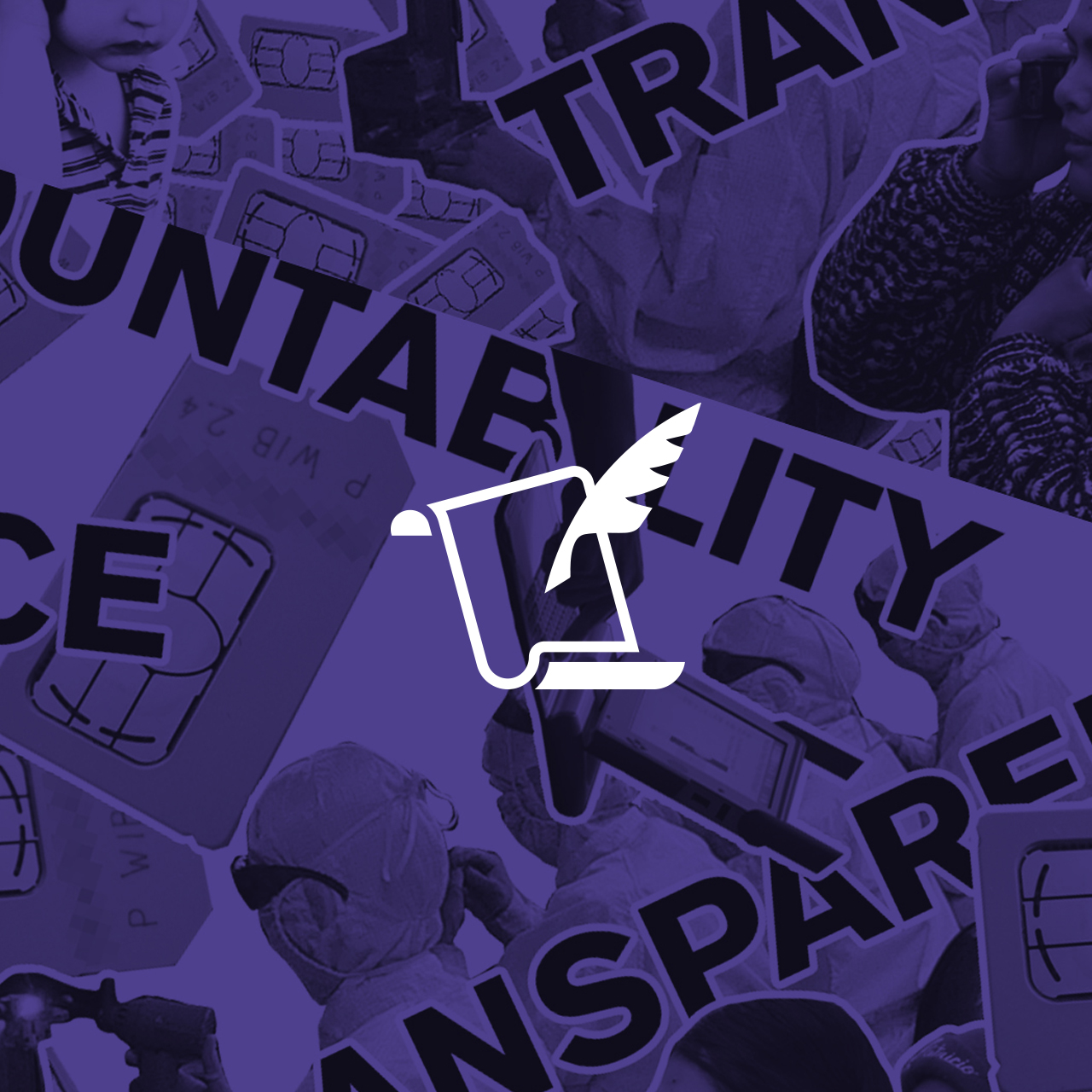
In a major step forward for free expression and human rights in Crimea, the United States today lifted some of its previous restrictions on the export of vital communications technology to the region. Journalists, human rights defenders, and ordinary people in Crimea can now freely use key communications technologies, software, and services to make their voices heard.
Earlier this year, we took note when internet users in Crimea and elsewhere in Ukraine were suddenly denied access to communications services based on their location. We and our allies sent a letter to the U.S. Office of Foreign Asset Control (OFAC) – the agency charged with enforcing the sanctions – urging U.S. officials to issue a General License for these services to protect the free expression rights of internet users.
As the letter explains, the Crimea sanctions required American technology firms, including Google, to stop updating software, to terminate small business applications, to shut down web hosting accounts, and to deny other services to users they believe are located in the affected region.
Now the U.S. government has lifted restrictions on key free communications technologies, including personal communications services such as Gmail.
We are greatly encouraged by this development. It is an important recognition that personal communications technology should always be exempted from sanctions, and represents concerted effort by several groups, including the Electronic Frontier Foundation, Global Voices Advocacy, New America’s Open Technology Institute, and Ferrari & Associates, P.C.
However, as we note in our press statement issued earlier today, restrictions on hardware, like smartphones, as well as fee-based services, remain in place.
We believe that people in Crimea should have the same access as we do to these technologies. We and our allies will keep pressing the U.S. government to issue exemptions for these technologies, as it has in other sanctioned countries.
Independent researcher Collin Anderson contributed to this post.
